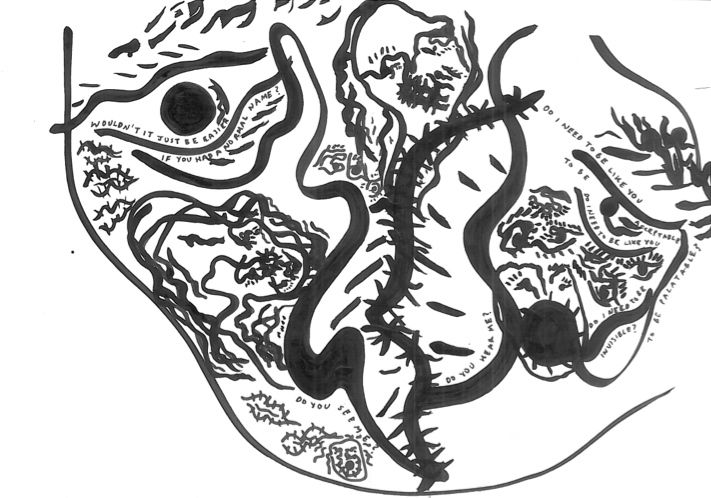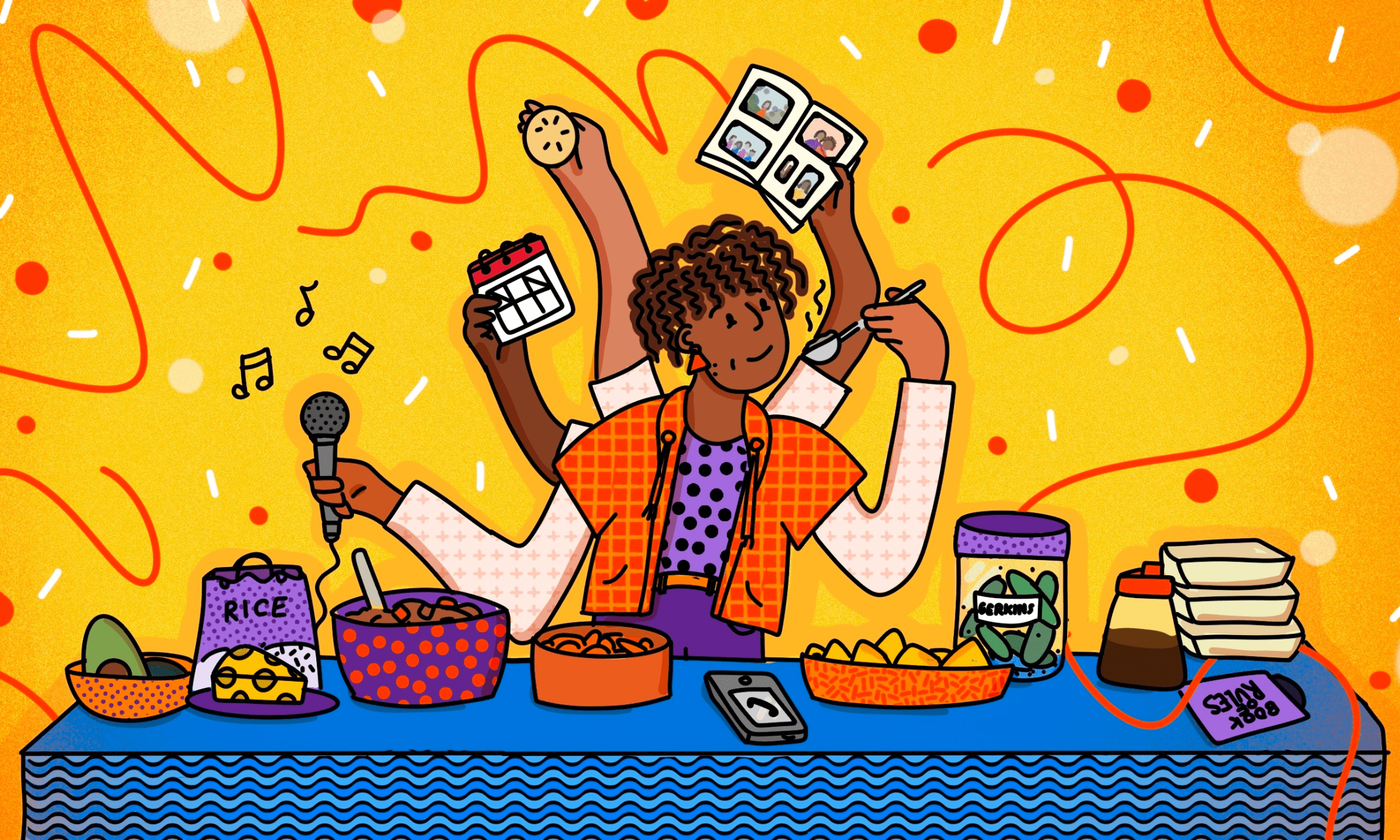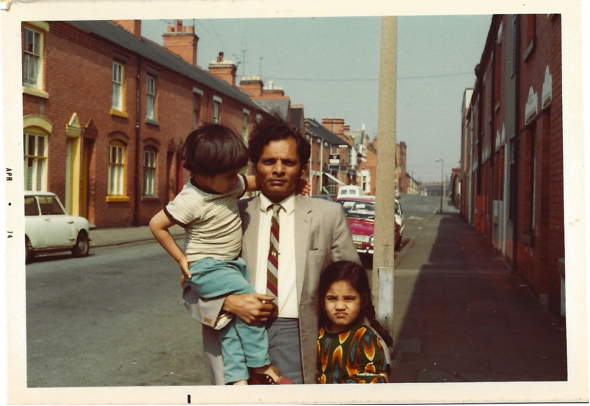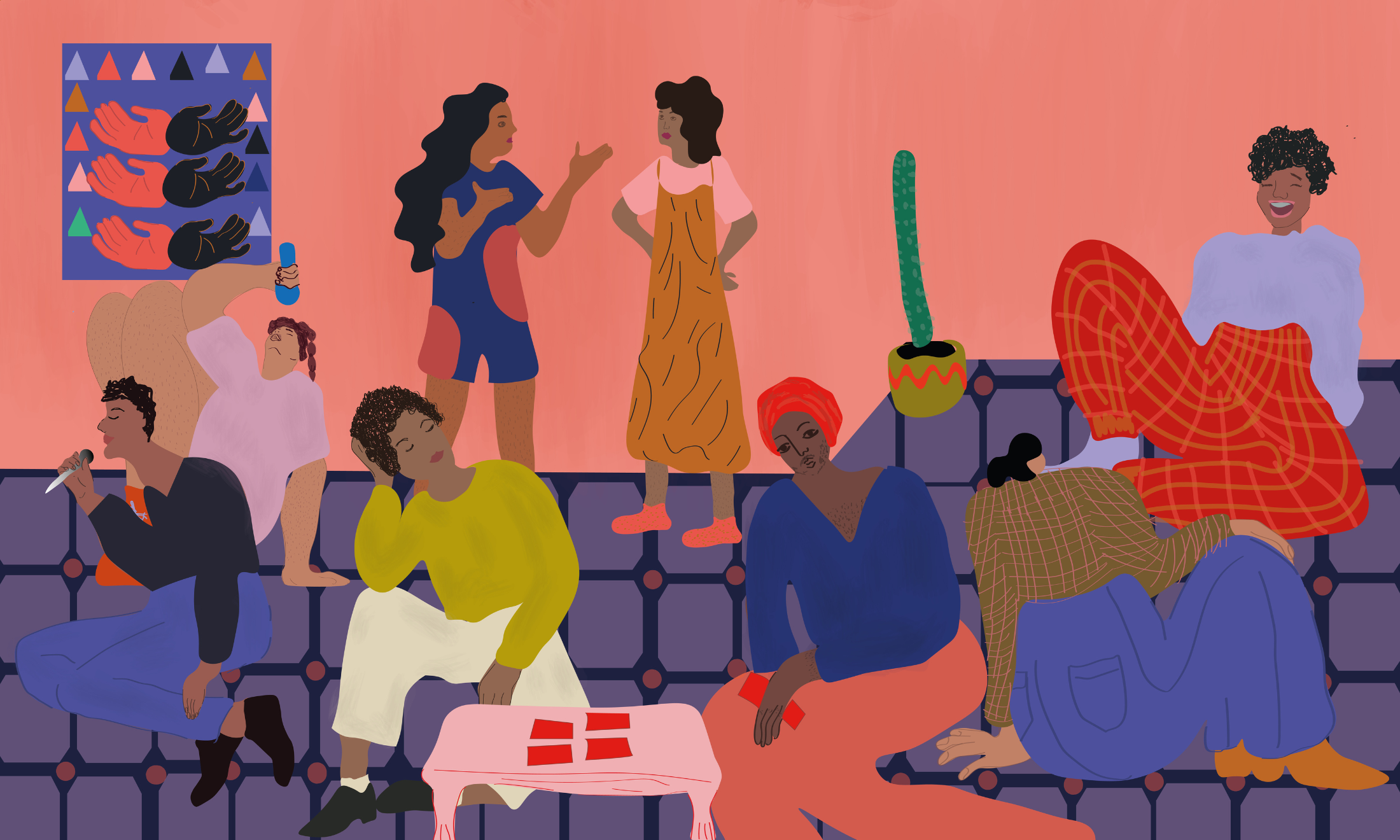
It’s 2005 and I’m sat in class, having just begun secondary school. The teacher begins reading through the register at a regular pace and suddenly falls silent as they near the end. Other students start giggling and exchanging glances. I tense up and feel my ears burning with embarrassment as I realise all eyes are on me.
“I can’t even pronounce this one,” the teacher exclaims flippantly.
“Chi..China? Can I call you China?”
The stammering and the stuttering. The spluttering and half-baked excuses. Worst of all, the lack of an apology.
The story is all too familiar for children of the African and Asian diaspora. Registration time left me feeling humiliated, particularly in a classroom of 90 percent white British girls. It was particularly difficult for me as I grew up in the part of Essex that didn’t have oyster cards or red buses. Finding black people in south east Essex (at the time) was a rarity. In fact, many people I interacted with told me that I was the first black person they’d made friends with. I was an athletic and academically gifted pupil during my school years. Whilst this may seem a blessing, it was actually quite burdensome as having to go up for medals and certificates was stressful in itself as presenting teachers would make a hash out of my first name and proceed to ignore my last name, which only consists of five letters – not particularly challenging.
At an age where most girls; including myself, were desperate to fit into society, I found myself sticking out like a sore thumb. I became apologetic and reluctant to introduce myself to people, thinking that it would be too difficult to explain myself. I do think that my shy personality has some of its roots in the apparent difficulties my name brought me in adolescence. From childhood to around the age of 14 or 15, I often wished my parents had made my life easier and given me my middle name, the slightly more western friendly Evangeline, in place of my first. I remember a rather low point in my MSN messenger career where I wrote the status “the only thing I wish I could change about my life is my name.” It does pain me to think that was my genuine thought pattern less than a decade ago. I grew up embarrassed about my name, a direct link to my culture and heritage.
You see, Nigerians have a particular practice of naming their child as a confession to carry through life. Each name has a particular meaning that elevates the child. For example, my full name means “God looks after me”. This name carries meaning to me and signifies my half Igbo heritage. Why had I been deeply ashamed of this? Looking back, I’ve noticed that non-English teachers were often the only ones who did not undermine me in the process of pronouncing my name. Imagine my surprise when once I left school, joined new social circles and found that various university tutors were able to pronounce my name without any problem. I have since come to realise teachers who were flippant when calling my name out were in fact disrespectful.
One of my favourite quotes is derived from Uzo Aduba’s mother – “If they can learn to say Tchaikovsky and Michelangelo and Dostoyevsky, they can learn to say Uzomaka.” Why is it that there’s seemingly no issue when it comes to pronouncing ‘difficult’ names of dead white men, yet when an ethnic minority is thrown into the mix there’s hesitancy?
Many years ago, I remember watching Lindiwe Elissa Mngaza, a contestant in series four of The Apprentice. She said having a name of African descent makes you “stand out and be memorable in the interview process,” making me sit up and take notice. I have since grown to be proud of my Nigerian heritage and have untangled the detrimental thought processes I had as a young teenager. Self-confidence is another thing I’ve learnt. Some people can sense a lack of confidence in an individual and proceed to pick you out as a target. I believe this is what happened to me. I can’t imagine anyone even attempting to undermine my culture without me openly expressing my discontentment.
My parents gifted me with a first name reflecting our heritage and I lived with the “consequences” during school. Fortunately, I no longer see my name as a consequence, rather it’s a blessing.
It took me a while but I fully embrace my name.
And that is Chinazum Evangeline Ukata.
(God looks after me)
(Bringer of Good news)
(Strength)









